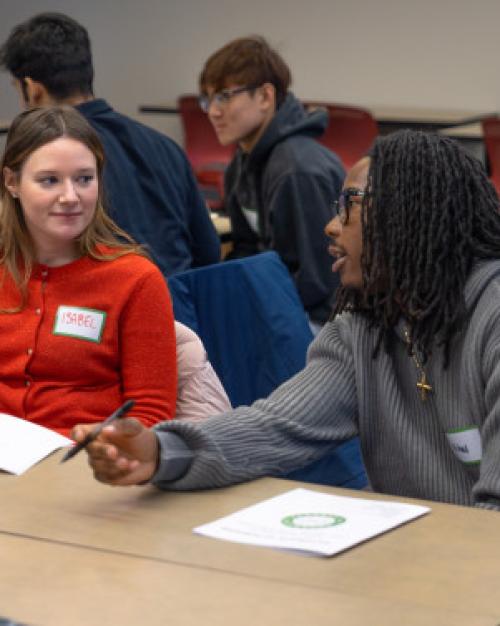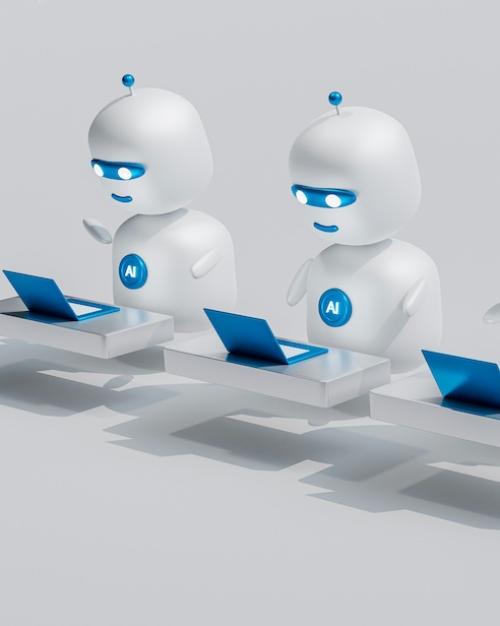Elon Musk’s artificial intelligence startup xAI is suing Apple and OpenAI in U.S. federal court, accusing them of illegally conspiring to thwart competition.
Sarah Kreps, professor of government and law, is director of the Tech Policy Institute at Cornell University. She said popularity of a chatbot alone, even at a massive share, doesn't constitute illegal exclusion.
Kreps says: “Antitrust suits have a high evidentiary bar: not just market dominance, but harm to consumer welfare. ChatGPT currently commands roughly 80–82% of the global chatbot market. That dominance appears rooted largely in user preference and first-mover advantages – people stick with the chatbot they’re used to – rather than coercive exclusion. Unless the lawsuit can show that Apple and OpenAI’s behavior has meaningfully raised prices, reduced innovation, or blocked consumer choice, courts are unlikely to find antitrust liability. Popularity alone, even at a massive share, doesn't constitute illegal exclusion.
“In the 1990s Microsoft case, it took the U.S. government years of litigation to prove antitrust violations, with long appeals and remedies stretching into the 2000s – and that was with a disinterested regulator bringing the suit. By contrast, Elon Musk is not a neutral party but a direct competitor, which undercuts the appearance of objectivity.”




